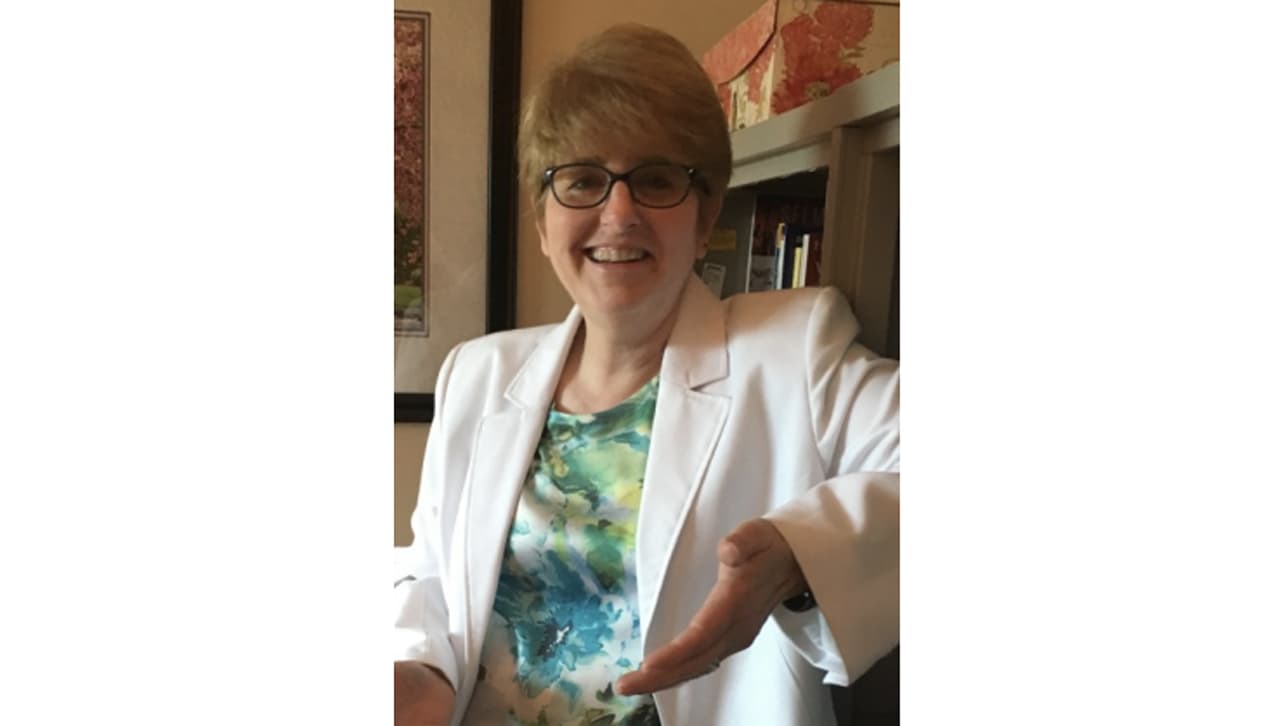Q and A with Gerianne Barber of Counseling Training Center

This article originally appeared in the Counseling and Human Services newsletter, which can be found here.
What recent developments within the CMHC/SC/RC field are you most excited about?
It is exciting to me that there is
Where do you hope to see progress made in the future?
I hope to see the stigma associated with seeking counseling go away or at least to continue to lessen. There seems to have been an increased effort by the counseling profession and communities, in general, to bring awareness to needs of those who live with mental illness, disabilities and trauma. We see this with suicide awareness and mental health support events on campus and in the community. When it is easier for people to seek services from the standpoints of reduced stigma, increased awareness and easier access, it sets the stage for people to learn new strategies and skills to potentially manage life’s challenges with a bit more ease and support. The desired outcome would be that people could enjoy life and living more.
I have said frequently that the best intervention is prevention so I hope to see continued efforts to dedicate time and resources to prevention efforts across a wide spectrum of issues. In the Counselor Training Center, I hope to see the development of additional opportunities for SC, CMHC, and RC students to work collaboratively with each other both on campus and in the community. When students engage in these collaborative opportunities it extends the insight and learning outcomes. Of course, one other thing I’d like to see progress towards both in the counselor training center and the profession is






